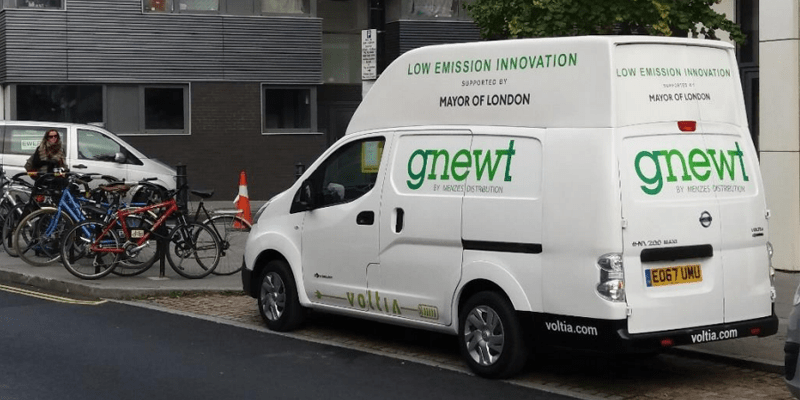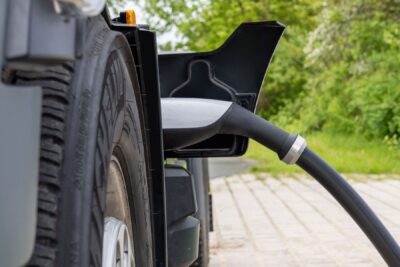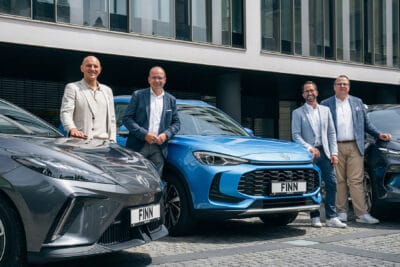London trial finds electric vans viable alternative to diesel
After a two and a half year pilot project to test the use of electric delivery vans in London traffic, the final report is now available. The test looked at the performance of larger electric vehicles in comparison to similar diesel models and small electric vans.
The Mayor of London’s Office worked together with the logistics company Gnewt for the test. The partners used a converted eDucato from BD Auto as the large electric vehicle, while the smaller e-vehicle was the van from Voltia, based on a first-generation Nissan e-NV200. In total, the fleet comprised 26 electric vehicles, all of which were equipped with special telemetry hardware from Smart Fleet Carma.
The project also involved the installation of smart charging points in the depots to monitor the van’s energy consumption and the charging behaviour and its potential impact on the grid, also to evaluate the potential for bi-directional charging.
The data show that the tested electric delivery vans are a competitive and environmentally friendly alternative to diesel vans in terms of operational performance, costs, vehicle emissions and load on the electricity grid.
Expressed in figures, the energy costs were 75 per cent below the fuel costs for operating the diesel-powered comparison vehicles. The BEVs also consumed five times less energy per kilometre than their diesel counterparts. If the overall social costs of pollutant emissions are included, the Mayor’s office comes up with socio-ecological benefits of 1.8 to 2.6 pence (2-3 cents) per kilometre driven in Greater London in a statement.
In total, only the test fleet saved 77.9 tonnes of CO2 and 481.3 kilograms of NOx in the test period from November 2017 to December 2019. The potential is enormous: Every day, around 280,000 trips are made in London (about a third of the total traffic volume) with commercial vehicles. The authors of the study calculate that these 281,000 trips could be made with approximately 112,000 e-vehicles.
Incidentally, the range was never a problem. Whereby in the case of the Voltia van used, even only the first generation of the Nissan e-NV200 forms the basis, which only requires 24 instead of 40 kWh battery capacity – today Voltia also offers the 40 kWh model. During the daily delivery journeys on the last mile, the e-vehicles would have consumed on average only around 30 per cent of their battery charge.
The fleet test also provides further indications of the efficiency of networked charging: thanks to the intelligent charge control, the required grid connection size could be reduced by half, according to the Mayor’s office.
However, the conditions of the test were also good: the routes were very short, the average speeds in London traffic and last-mile delivery are very low. In other inner-city applications, this may look different.
voltia.com, london.gov.uk, london.gov.uk (final report)





0 Comments